Business licensing is a key factor in establishing a legitimate enterprise. Having a business license brings about several advantages which are vital for the growth and development of a business. For starters, it provides businesses with protection against possible lawsuits and claims. Furthermore, it enhances the credibility of the business, thereby boosting the confidence of potential customers and clients in your products or services. It also allows businesses to legally operate within their specified industry and location. In essence, a business license serves as an official permit that gives a company the right to conduct its operations.
The process of obtaining a business license, while it may vary depending on the location and nature of the business, generally involves several steps. The first requirement is to identify the type of business license needed. This could be a general business license, a professional license, a trade license, or a sales tax license, among others. This largely depends on the nature of the business and the regulations set by the local, state, or federal government.
After identifying the type of license needed, the next step is to fill out the necessary applications. These forms may require information such as the business’s name, location, and the nature of its operations. It is important to ensure that the information provided is accurate and up-to-date to avoid any potential issues or delays.
Once the application is complete, it must be submitted to the relevant authority, accompanied by the appropriate fee. The cost of a business license can vary greatly, depending on the type of business and the location. Some licenses may also require renewal after a certain period, so it is essential to stay informed about the specific requirements for your business license.
After the application and payment are received, the relevant authority will review the application. This process can take anywhere from a few days to several weeks, depending on the jurisdiction and the complexity of the business. If approved, the business license will be issued and the business can legally begin its operations.
In conclusion, obtaining a business license is a crucial step in establishing a successful business. It not only provides legal protection and credibility, but it also signifies that the business is compliant with all local, state, or federal regulations. By understanding the requirements and following the necessary steps, businesses can ensure that they are properly licensed and ready to operate.
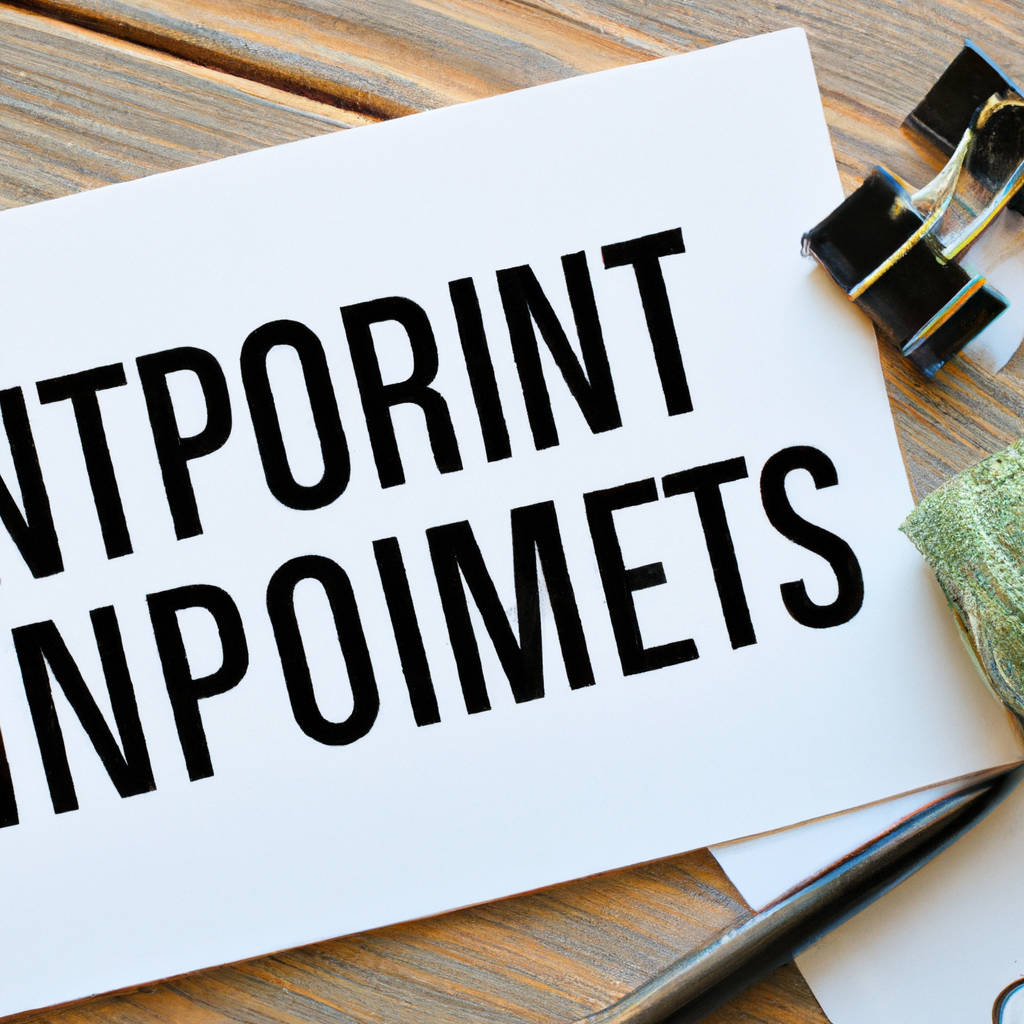
What’s Business Licensing?
Business licensing is a crucial aspect in setting up and running a business. It involves obtaining permissions from relevant authorities to legally operate a business. These permissions, known as licenses, can range from general business licenses, that allow one to conduct business within a specific jurisdiction, to professional licenses, that are required for certain professions like doctors, lawyers, and architects. The need for a business license is not only limited to physical businesses but also extends to online businesses.
The process of acquiring a business license can vary from one jurisdiction to another, but it generally involves filling out specific application forms, paying certain fees, and meeting certain requirements and standards set by the governing body. These requirements may include proof of identity, financial records, and business plans. Once these are met, the business is granted a license which typically needs to be renewed after a certain period.
Business licensing serves several purposes. Firstly, it ensures that businesses are accountable for their actions and operate within the parameters set by the jurisdiction. Secondly, it protects consumers by ensuring that businesses adhere to safety standards and ethical practices. Lastly, it helps in tax collection since licensed businesses are required to pay taxes.
However, obtaining a business license can also be challenging. The process can be time-consuming and complex, especially for small businesses that may not have the resources to navigate the legal landscape. Furthermore, failure to obtain or renew a business license can lead to repercussions, including financial penalties and closure of the business. Therefore, it’s crucial for businesses to understand and comply with the licensing requirements in their jurisdictions. Despite these challenges, business licensing remains a critical part of doing business, ensuring accountability, consumer protection, and revenue collection.
Reasons for Business Licensing
Business licensing is an essential aspect of establishing and operating a business successfully. The primary reason for this is that it validates the authenticity of a business, making it a recognized entity by the government. It provides a sense of security and trust among consumers as they are assured that they are dealing with a legitimate organization. Moreover, a license ensures that businesses adhere to set standards and guidelines, which are designed to protect consumers and promote fair competition.
Another critical reason for business licensing is that it facilitates the monitoring and tracking of businesses by government authorities. This is crucial in tax collection as it allows the government to identify all active businesses within its jurisdiction and ensures that they contribute their fair share to the nation’s economy.
Furthermore, business licensing is necessary for public health and safety. For instance, restaurants and food establishments need to acquire health and safety licenses to ensure that they adhere to sanitary and health requirements, thereby avoiding health risks to the public.
Lastly, business licensing can help in maintaining a professional image and reputation. A licensed business is often viewed as more reliable and trustworthy by customers, suppliers, and potential investors. It demonstrates that the business is committed to operating under the-approved guidelines and regulations, thereby enhancing its credibility.
In summary, business licensing serves multiple purposes – from ensuring consumer protection and public safety to facilitating tax collection and enhancing business reputation. Therefore, it is an indispensable aspect of doing business that contributes to the overall success and sustainability of any business.
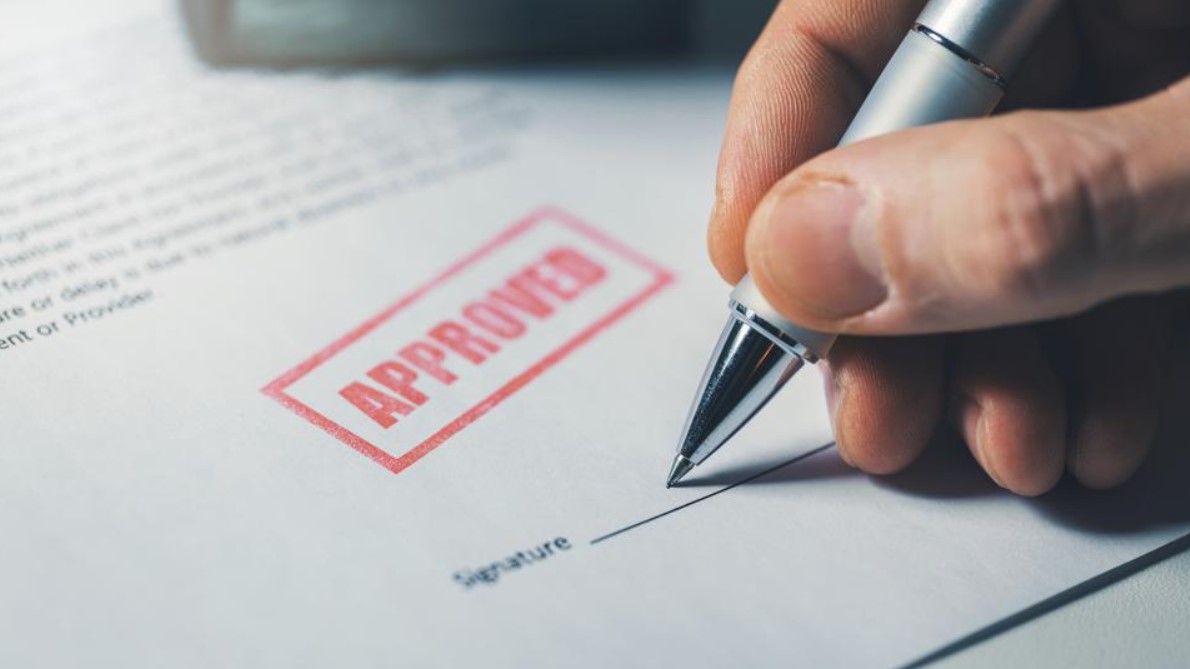
Who Needs a Business License?
Anyone intending to establish a business venture, regardless of its size or nature, typically needs a business license. This requirement isn’t exclusive to large corporations; even small enterprises like home-based businesses or freelancers may need one. It’s essentially a formal permission granted by a governmental or municipal authority to an individual or a company to operate within its jurisdiction. The requirement for a business license is not just to regulate and maintain control over businesses for tax purposes, but also to ensure that all businesses operating within a specific jurisdiction adhere to the necessary safety and operational standards. It’s a way of protecting the public by ensuring that businesses meet certain quality standards.
Various factors determine whether a business requires a license or not. These can include the nature of the business, the location, and the regulations of the local and state government. For example, if you’re planning to open a restaurant, you’ll likely need health permits, building permits, signage permits, and in some cases, even alcohol licenses. Similarly, if you’re considering running an online business, certain jurisdictions may still require you to obtain a business license, depending on the type of services or products you offer.
Obtaining a business license may seem like a hassle, yet it comes with its own benefits. It can provide credibility to your business, making it more appealing to potential customers. Additionally, it ensures you’re operating within the boundaries of the local and state regulations, which can save you from potential penalties and fines. Hence, every entrepreneur aiming to establish a successful, credible, and compliant business should consider obtaining the necessary business licenses and permits.
In conclusion, a business license is not just a piece of paper; it’s a ticket to legitimate operation, customer trust, and business longevity. It’s a critical step in the business setup process that should not be overlooked.
Issuers of Business Licenses
Issuers of business licenses play a critical role in the establishment and regulation of commercial activities within a specified jurisdiction. These entities, which could be local, state, or federal government agencies, have the authority to grant permits that allow individuals or organizations to conduct business. Before a license is issued, the issuer conducts a thorough review of the applicant’s business plan, ensuring it complies with all relevant rules and regulations. This scrutiny also helps ensure public safety, as the issuer can deny licenses to businesses that may pose a risk to the community or environment.
The procedure for obtaining a business license varies in complexity depending on the nature of the business and the jurisdiction in which it will operate. For example, a brick-and-mortar retail store in a densely populated city may need to pass stringent building code inspections and receive zoning approvals. On the other hand, a home-based online business might only need to register its name and pay a nominal fee.
The role of the issuer doesn’t end after a license is granted. They also monitor businesses to ensure continued compliance with the conditions of the license and can revoke or suspend the license if the business fails to meet these conditions. Moreover, they also handle license renewals, which often involve reassessing the business’s compliance with regulations.
In summary, issuers of business licenses serve as gatekeepers, ensuring businesses operate within the bounds set by community standards and regulations. They play an essential role in promoting fair competition, protecting consumers, and maintaining the health and safety of the public. Therefore, understanding the role of these issuers and the process of obtaining a business license is crucial for any entrepreneur looking to start a business.

Advantages of Having a Business License
Obtaining a business license comes with several advantages that can significantly contribute to the success and growth of an enterprise. First, it lends credibility to your business. When customers see that you’re licensed, they’re more inclined to trust you because it shows that you’re accountable to a higher authority. This trust can lead to increased customer loyalty, which can boost your sales and revenue in the long run.
Moreover, a business license can open doors to financial opportunities. Many banks and financial institutions require proof of a business license before they can extend credit or loans to businesses. Therefore, being licensed can increase your chances of getting the funding you need to grow and expand your business. In addition, many business licenses also allow businesses to take advantage of tax benefits. For instance, some jurisdictions offer tax incentives to licensed businesses, which can significantly reduce your tax burden and increase your profits.
Furthermore, having a business license can make it easier for you to deal with suppliers. Many wholesalers and manufacturers prefer to do business with licensed businesses. They often offer lower prices and better terms to licensed businesses, which can help you reduce your operational costs and increase your profit margins.
Lastly, a business license can protect your personal assets. If you operate a business without a license and it runs into legal problems, your personal assets could be at risk. However, with a business license, your personal assets are typically shielded from any issues that your business might encounter.
In conclusion, obtaining a business license is an essential step in establishing a successful business. It can enhance your business’s credibility, open up financial opportunities, provide tax benefits, improve your relationships with suppliers, and protect your personal assets. Therefore, it’s definitely worth the time and effort to secure a business license.
Legal Protection
Legal protection is a vital aspect of a well-functioning society as it safeguards the rights, freedoms, and interests of individuals and entities. These protective measures are implemented and upheld by governments and their respective judicial systems to ensure that citizens and organizations can operate within a secure and fair environment. Legal protection can encompass a wide range of areas such as intellectual property rights, consumer rights, employment rights, and more.
For instance, through the lens of intellectual property, legal protection safeguards the creativity and innovation of individuals and organizations by granting them exclusive rights to their inventions, designs, and artistic creations. This not only promotes creativity but also encourages healthy competition in the marketplace. Similarly, in the context of employment, legal protection ensures that workers are treated fairly and equitably by their employers, covering areas such as wage fairness, non-discrimination, and safe working conditions. It provides a solid foundation upon which individuals can seek redress if their rights are violated.
However, the effectiveness of legal protection largely depends on the strength of a country’s judicial system and its commitment to uphold these protections. Therefore, it is essential for governments and societies to continually strive to strengthen their legal protection mechanisms and ensure justice for all. Overall, legal protection serves as a vital pillar in promoting social order, justice, and fairness in society.

Boost in Credibility
Enhancing credibility is an essential course of action for any individual or organization seeking to establish trust, respect, and a positive reputation among their peers, clients, or the general public. An increase in credibility can dramatically elevate one’s standing in their professional or personal circles, opening up opportunities for growth and success that may have previously been out of reach.
This boost can be achieved through a variety of methods, all of which require not just diligence and consistency, but also integrity, transparency, and a commitment to excellence. One can boost credibility by consistently delivering high-quality work or services, demonstrating reliability, and upholding ethical standards. An individual’s credibility can also be enhanced by gaining knowledge and expertise in their field, thus becoming a respected authority. Similarly, an organization can boost its credibility by being open and accountable in its operations, treating all its stakeholders fairly, and contributing positively to the community it serves.
Additionally, both individuals and organizations can significantly increase their credibility by responding effectively to criticism or feedback, showing that they value others’ perspectives and are willing to improve. Ultimately, a boost in credibility not only benefits the individual or organization in question, but also contributes to a healthier, more trustworthy society.
Risk Mitigation
Risk mitigation refers to the systematic identification, assessment, and handling of potential uncertainties or threats that could negatively impact a project, business, or process. It’s a crucial component within the framework of risk management designed to minimize the potential impact of identified risks. The primary goal of risk mitigation is not necessarily to eliminate all risks, but to reduce them to an acceptable level based on a careful analysis of their potential severity and likelihood of occurrence.
Risk mitigation strategies can be broadly categorized into four types: avoidance, transference, acceptance, and limitation. Avoidance involves changing plans or strategies to completely evade the risk. Transference shifts the impact of the risk to a third party. Acceptance means acknowledging the risk and preparing a contingency plan, while limitation aims to reduce the impact of the risk.
Implementing effective risk mitigation strategies requires a thorough understanding of the business or project, careful planning, and continuous monitoring and evaluation. It’s important to note that risk mitigation is an ongoing process, not a one-time event. Risks can evolve and new ones can emerge, hence the need for continuous assessment and adjustment of mitigation strategies.
In conclusion, risk mitigation is a vital practice in any business or project management setting, as it seeks to protect the entity from potential harm. By proactively identifying and managing risks, organizations can ensure their sustainability, stability, and success in a competitive and unpredictable environment.
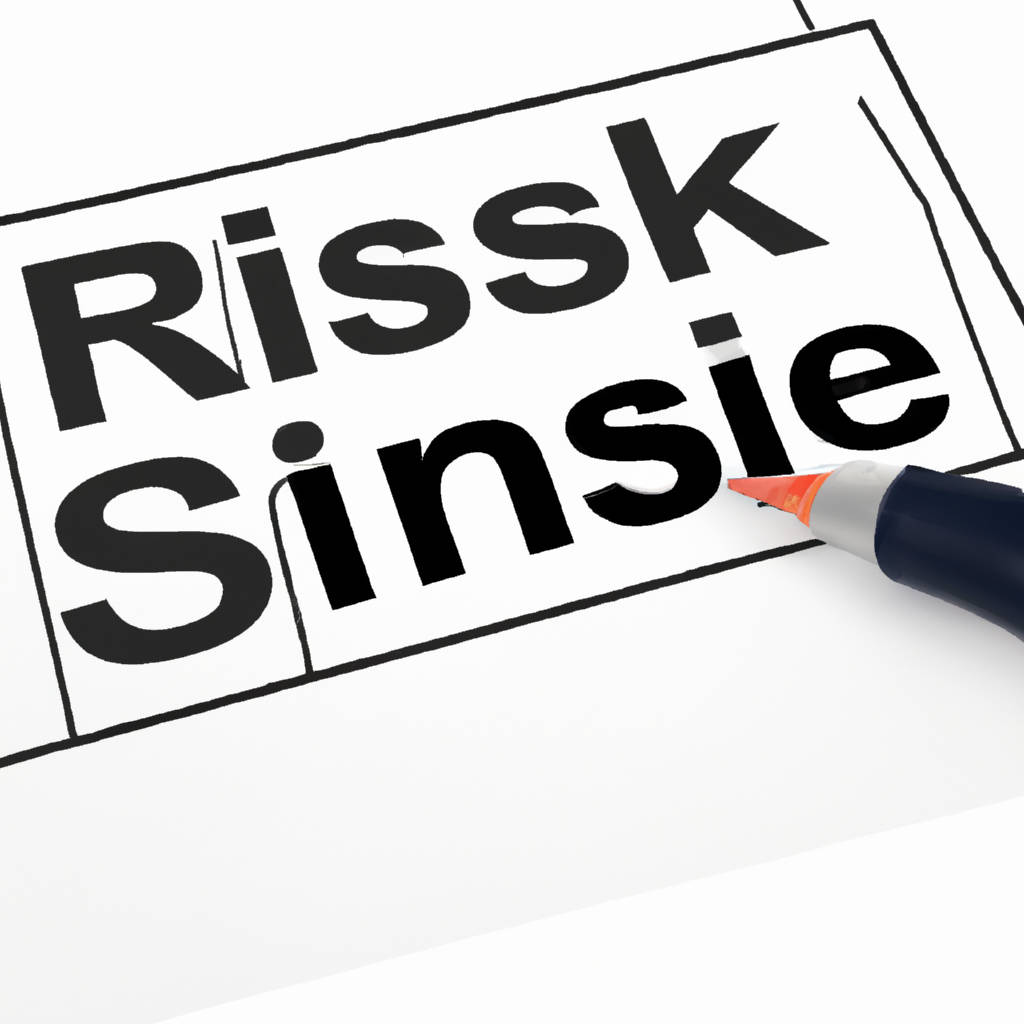
Access to New Markets
Access to new markets is a critical growth strategy for any business. It provides opportunities for increased sales, improved profitability, and business expansion. Venturing into new markets allows a company to reach more customers, thereby increasing its revenue base. It also enables them to diversify their customer base, reducing the risk of over-reliance on a single market.
Moreover, entering new markets can offer companies a platform for launching innovative products and services that may not be viable or relevant in their existing markets. It can also provide firms with an opportunity to explore and adopt new business models that can further enhance their competitive advantage. However, accessing new markets is not without its challenges.
Companies need to conduct thorough market research to understand the dynamics of the market, including customer needs, preferences, and purchasing behaviors. They also need to understand the competitive landscape, including the strategies and capabilities of existing players. Additionally, companies may face cultural challenges, such as language barriers and differing business etiquettes and norms, which they need to navigate successfully to build strong relationships with customers and partners in the new market.
To overcome these challenges, companies need a well-thought-out market entry strategy that aligns with their overall business objectives. This includes choosing the right entry mode, whether it’s exporting, licensing, franchising, or establishing a joint venture or wholly owned subsidiary. Overall, while access to new markets offers significant opportunities, it requires careful planning, execution, and management.
Getting Your Business License
Obtaining a business license is a critical step in starting a business. It is a form of legal authorization granted by a government entity that permits a company to operate within a specific jurisdiction. Whether it is a local, state, or federal license depends on the type of business and its location. The process can vary from place to place, but generally, it involves submitting an application, paying a fee, and waiting for approval. Some industries may require additional licenses or permits, such as those related to health and safety, environmental standards, or professional services. Business licensing is not just about compliance; it also offers benefits to entrepreneurs.
It enhances your business’s credibility, protects the public, and may open opportunities for financial aid. But remember, failure to obtain a necessary license can lead to penalties, fines, and even the closure of the business. Therefore, it is essential to research what type of license your business needs and fulfill all the requirements. Seek advice from business professionals or consult with an attorney to ensure you are on the right path. Once your business license is secured, you can focus on the exciting parts of running a business, like serving customers, managing employees, and driving growth.
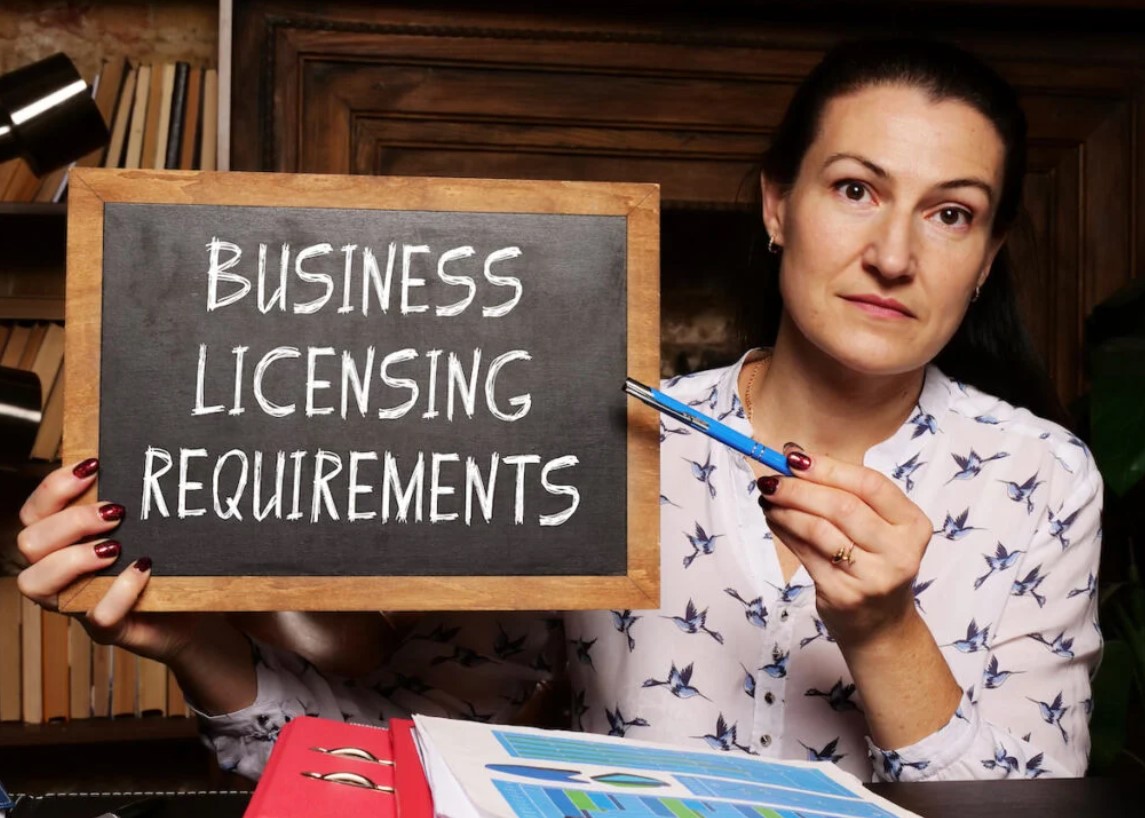
1. Determine If You Need One
Deciding whether you require a specific service or product is a crucial step in managing your resources effectively. This decision-making process should be grounded in thoughtful consideration, based on a comprehensive understanding of your needs and circumstances. For instance, if you’re contemplating whether to hire a consultant, analyze your current situation such as your budget, your existing resources, and the complexity of the project you’re undertaking.
If your project is complex and your in-house team lacks the necessary expertise, getting a consultant might be beneficial. Alternatively, if you’re contemplating purchasing a piece of high-tech machinery, assess your current production levels, the cost efficiency of the new machine, and the potential for business growth. If the machine can enhance productivity and lead to cost savings in the long run, then it might be a wise investment. If not, it might not be necessary.
The same reasoning applies when considering services like insurance or tools like software. The key is to conduct a thorough needs assessment and cost-benefit analysis. Remember, it’s not about getting the best or the most expensive; it’s about getting what you genuinely need in alignment with your budget and goals.
2. Gather Required Documents
When you prepare to engage in necessary processes such as applying for a visa, opening a bank account, or enrolling in school, it is crucial to gather all required documents beforehand. This task may seem tedious and time-consuming, but it is essential to ensure a smooth and efficient process. The documents required will vary depending on the specific process, but they usually include identification papers, such as a passport or driver’s license, proof of address, and potentially, financial records.
For more complex procedures, like applying for immigration or starting a new business, you may need additional materials, like marriage certificates, employment records, or tax returns. It’s always advisable to check the exact requirements with the relevant organization or authority to avoid any unnecessary delays or complications. Keep in mind that some processes might require certified copies or original documents, not just photocopies. If any of your documents are in a language other than the one the procedure requires, you may need to provide professionally translated copies as well.
Remember to start this process early, as gathering all necessary documents can take longer than expected. It is also wise to keep your documents organized and easily accessible. This will not only save you time but also reduce the stress associated with such processes. By taking the time to gather and organize all required documents, you’re setting yourself up for success in your endeavours.
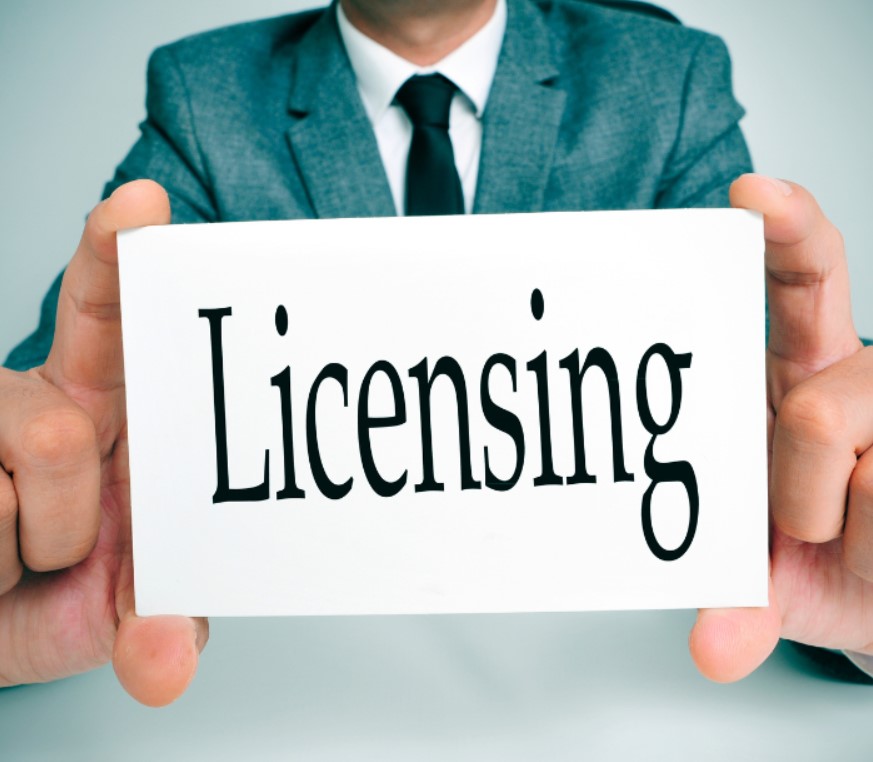
3. Complete Application
A complete application refers to the process of submitting all the required documentation and information to an institution, organization, or entity. This could be for a job, a school admission, a loan, or even a visa. The application is deemed complete when it contains all necessary components, such as personal data, educational background, work experience, references, and any other specific requirements that the receiving party may have specified.
The application form often serves as the first impression, and therefore, it’s essential to ensure it is completed accurately and in its entirety. This helps the receiving party assess the applicant’s suitability for the intended purpose. Incomplete applications often result in delays or outright rejection. Therefore, it’s crucial for applicants to understand the expectations and guidelines for each application to enhance their chances of success. The submission of a complete application also demonstrates the applicant’s attention to detail, organization skills, and commitment to the application process.
4. Renew Your License
Ensuring that your driving license is up-to-date is an important responsibility that all vehicle operators should prioritise. The process of renewing your license may vary depending on your location, but it typically involves an application form, an updated photo and a certain fee. In some areas, this process can even be completed online for added convenience. It’s essential to keep track of your license’s expiry date because driving with an expired license can lead to penalties such as fines or suspension.
In addition, an up-to-date license verifies that you are eligible to operate a vehicle and that your personal information is correct. It’s also important to remember that if you’ve recently moved or changed your name, you’ll need to update these details on your license. While the process of renewing your license may seem like a hassle, it’s a necessary task for maintaining your driving privileges and ensuring your own safety as well as the safety of others on the road. Regularly checking the validity of your license and being proactive in its renewal can save you from potential complications down the road.

Strikingly Presentation
Strikingly Presentation is a modern, innovative platform designed to simplify the process of creating engaging, interactive presentations. It is an online tool that allows users to showcase their ideas and concepts in an aesthetically pleasing and compelling manner. Strikingly Presentation’s unique feature is its user-friendly interface, which offers a plethora of customizable templates and themes.
This platform is perfect for those seeking to impress potential clients or to articulate their thoughts effectively in a professional or academic setting. Users can incorporate various forms of multimedia into their presentations, including videos, images, and audio clips, elevating the overall visual appeal and interactive nature of their work. Further, this platform offers seamless integration with various social media platforms and websites, allowing individuals to share their presentations effortlessly. Strikingly Presentation seeks to redefine the conventional manner of presenting ideas, making it an efficient tool for the digital age.
Whether you need to create a business proposal, an academic project, or a personal portfolio, Strikingly Presentation offers a versatile solution that caters to various needs and preferences. Its simplicity and convenience, coupled with its advanced features, make it an essential tool for anyone aiming to communicate their ideas effectively and creatively. The visually stunning presentations created with this platform leave a lasting impression on viewers, thus making a powerful impact. In a world where effective communication is crucial, Strikingly Presentation serves as an invaluable tool to express one’s ideas and concepts in the most captivating way possible.
Concluding Thoughts
In the realm of intellectual discourse and academic endeavor, concluding thoughts serve as an essential component that encapsulates the essence of a given discussion or study. These final reflections, whether they are found in essays, research papers, debates, or even casual conversations, are instrumental in solidifying the overall scope and perspective of the argument or topic at hand. It is within these closing remarks that the speaker or writer has the opportunity to reinforce their position, summarize their points, and perhaps, offer new insights or perspectives for further contemplation.
Concluding thoughts, therefore, have a twofold significance. On one hand, they help to bring closure and consolidate the ideas and arguments that have been presented throughout the discourse. On the other hand, they can also serve as a springboard, inviting readers or listeners to explore the subject further, inciting curiosity, and expanding their horizons of understanding.
The art of crafting meaningful and impactful concluding thoughts lies in the ability to distill the complexity of the subject matter into succinct and accessible remarks. It requires careful consideration of the audience’s perspective, a deep understanding of the topic, and the ability to weave together the threads of the discussion into a coherent and engaging narrative.
In essence, concluding thoughts are not merely an end-point or a full-stop to the discourse. Instead, they are a critical juncture, where the past, present, and future of the discussion converge. It is a place where the speaker or writer can reinforce the validity of their arguments, address any potential counter-arguments, and set the stage for future discussions. It is, therefore, a reflection of the speaker or writer’s ability to engage, persuade, and inspire their audience, making it an integral part of any successful discourse.
